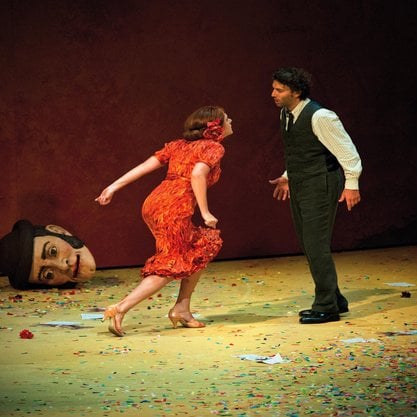Article
Teatro del pueblo By White-Nockleby, Anna
Article
Teatro del Pueblo (The People’s Theater) was the first ‘independent’ theater in Argentina and launched the teatro independiente movement in Buenos Aires. Founded on November 30, 1930, by the writer Leónidas Barletta (1902–1975), Teatro del Pueblo rejected both popular and commercial precedents in its promotion of a modern but socially conscious theater available to all. Barletta pushed against popular genres such as the sainete one-act plays, which he believed, as he asserted in 1938, “rendered a people without moral values, a youth both crude and without ideals” (cited in Verzero 2). Instead, taking cues from French dramaturge Romain Rolland’s essay The People's Theater, he sought a movement that would restore theater’s function as socially productive art. To this end, Barletta supported original playwriting that resisted established models while broadening the cultural offering to include conferences, concerts, and lectures open to the public. Two magazines, Metrópolis (‘Of those that write to say something’) and Conducta (‘In the service of the People’), also provided a forum for discourse on the theater.
